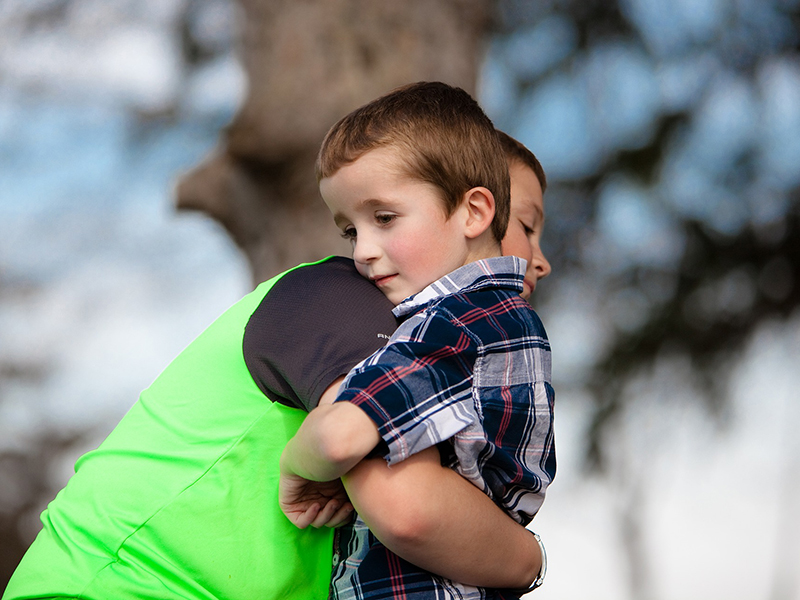Catia Malaquias
I’m not going to beat about the bush; every time I hear the phrase “special needs” I cringe.
To be clear, I don’t usually call people out on language unless it’s offensive but I feel strongly about this; I think it’s time that this damaging phrase, and the mentality that goes with it, is put on the scrapheap.
The phrase “special needs” is commonly used as a euphemism to refer to a person with a disability (particularly intellectual or cognitive disability and more often than not, a child) or who otherwise functions in some way that is atypical.
If you think about the use of the adjective “special”, it has become shorthand for describing places set aside for people with disability, e.g. “special schools”, “special education units”, “special workshops”, “special homes”, etc. There are hundreds of websites and Facebook pages dedicated to people with “special needs” and the parents of children with “special needs”. The phrase “special needs” is regularly used by the media – it is common language.
Although human diversity, the social model of disability and inclusion as human rights framework concepts are developing traction, for much of society the “special story” still goes like this:
A child with “special needs” catches the “special bus” to receive “special assistance” in a “special school” from “special education teachers” to prepare them for a “special” future living in a “special home” and working in a “special workshop”.
Does that sound “special” to you?
In the minds of many in our society a “special needs” label is effectively a one-way ticket to a separate, segregated, low-trajectory pathway through life.
The word “special” is used to sugar-coat segregation and societal exclusion – and its continued use in our language, education systems, media etc. serves to maintain those increasingly antiquated “special” concepts that line the path to a life of exclusion and low expectations.
The logic of the connection between “special needs” and “special [segregated] places” is very strong – it doesn’t need reinforcement – it needs to be broken.
Further, the “special needs” label sets up the medical “care” model to disability rather than the social inclusion model of disability. It narrows and medicalises society’s response to the person by suggesting that the focus should be on “treating” their “special needs”, rather than on the person’s environment responding to and accommodating the person – including them for the individual that they are.
There is another insidious but serious consequence of being labelled (as having or being) “special needs”. The label carries with it the implication that a person with “special needs” can only have their needs met by “special” help or “specially-trained” people – by “specialists”. That implication is particularly powerful and damaging in our mainstream schooling systems – it is a barrier to mainstream schools, administrators and teachers feeling responsible, empowered or skilled to embrace and practice inclusive education in regular classrooms, and accordingly perpetuates attitudinal resistance to realising the human right to inclusive education under Article 24 of the Convention on the Rights of Persons with Disabilities.
In other words, the language of “special needs” leads to, and serves to excuse, a “can’t do” attitude as the default position of many general educators – it effectively deprives inclusive education of its necessary oxygen – a conducive “can do” classroom culture.
Further, and more fundamentally, the concept of “special needs” is flawed. There is no such thing as “special needs”. A child with a disability has the same needs as everyone else – the same human needs – to be loved, nurtured, fed, educated, sheltered – to move, communicate, participate and belong etc. A person may require more assistance in meeting a particular need, especially when their environment has been predetermined without regard for their disability, but they are still seeking to meet basic human needs.
The label of “special needs” is inconsistent with recognition of disability as part of human diversity. In that social framework, none of us are “special” as we are all equal siblings in the diverse family of humanity.
I’m reminded of the 1969 hit song by The Hollies about a young girl’s surprised response to a stranger suggesting that her little brother was too “heavy” for her to carry – I think my son Julius’ sisters would be just as surprised – even indignant – to hear their brother referred to as “special”: “He ain’t special, he’s my brother”.
